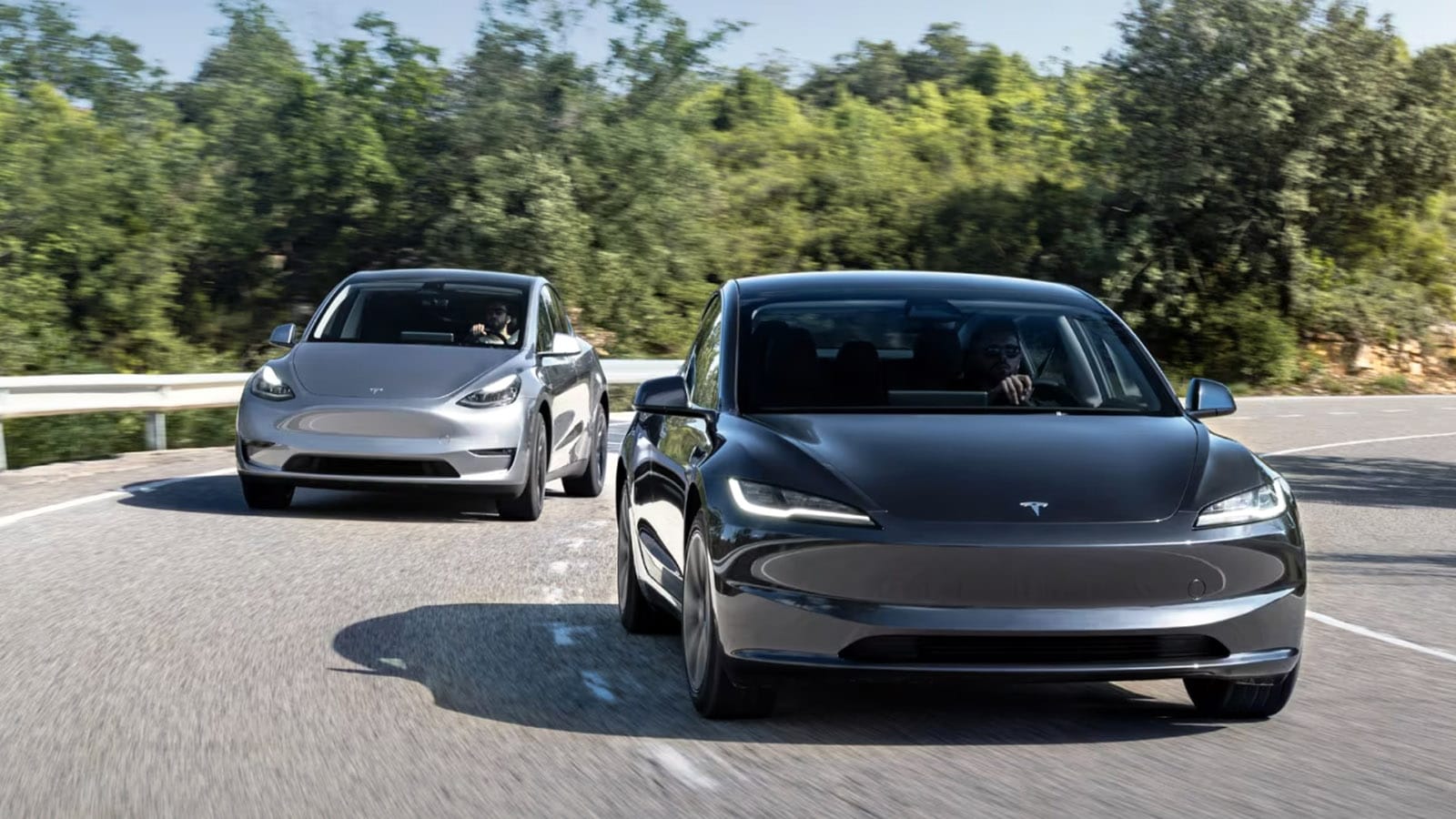Tesla dominates the electric vehicle market in the US, accounting for nearly half of all sales. The government allocates approximately $200 million each month in subsidies, which can reach up to $7,500 in tax credits for the Model Y. This model is also set to receive a facelift, known as the Juniper, which is anticipated to launch next quarter.
Immediate Price Cuts
Moreover, the Biden administration’s Inflation Reduction Act (IRA) has made tax credits available at the point of sale, providing an instant price cut. As a result, Tesla’s most popular vehicle now starts at a compelling price of $37,490.
Tesla has also taken steps to ensure that its best-selling Model 3 and Model Y remain eligible for subsidies. The company removed some base rear-wheel-drive variants that were equipped with Chinese LFP batteries and did not qualify, leaving only long-range models that use Panasonic or LG batteries.
Potential Changes Ahead
However, the tax credit benefits for the Model Y might be at risk. Insider sources suggest that Trump’s energy transition team is planning to eliminate EV subsidies included in the IRA as a means to fund the extension of corporate tax cuts. This team, led by oil executive Harold Hamm and Trump’s pick for Interior Secretary, Doug Burgum, aims to cut government support for established renewable energy sectors like wind and solar, along with the favored $7,500 electric vehicle tax break.
In conjunction with this, Hamm intends to ease regulations on oil and gas drilling and remove the ban on LNG exports. Nonetheless, tax credits for emerging technologies, such as carbon capture and storage—which benefit Hamm’s Continental Technologies—are likely to remain.
Musk’s Perspective
Elon Musk has stated that Tesla can manage without tax credits. While the removal of these incentives might have some short-term effects, he believes it could “devastate” other electric vehicle manufacturers:
“I think it would be devastating for our competitors and for Tesla slightly… But long term, this probably actually helps Tesla.”
Now, Musk may get to see if this holds true under the new administration. Reports indicate that Trump’s energy policy team has met with Tesla representatives, who conveyed that they wouldn’t oppose the elimination of the Model 3 or Model Y tax credit subsidy.
This might seem illogical at first glance, but Tesla has a lower production cost than both leading EV companies and traditional automakers. On average, Tesla’s vehicles cost less than $30,000 to produce, while Ford and GM incur an additional $17,000 per vehicle, often selling at a loss. Even conventional internal combustion engine vehicles have an average manufacturing cost of $40,000, allowing Tesla to keep prices low for a longer duration than legacy automakers can sustain their electric vehicle operations.
In conclusion, the potential removal of tax credits for the Model Y and Model 3 could actually be a positive outcome for Tesla, potentially increasing its market share in what might become a smaller overall market.
It’s uncertain how Trump’s energy team will address EV battery subsidies. Currently, the government offers $35 per kWh of US-made battery capacity, which helps Tesla keep its 4680 battery’s costs competitive against suppliers like Panasonic and LG.
If this subsidy gets eliminated, Tesla’s innovative dry cathode mass production technique may not achieve the anticipated 50% cost reduction for 4680 cells that was discussed during Tesla’s Battery Day event.
This could threaten Tesla’s ambitions to incorporate affordable 4680 batteries into all its US-made products, including the Cybertruck, Model Y Juniper, and the forthcoming Robotaxi, which are all intended to take advantage of the IRA’s tax credit offerings.


Leave a Reply